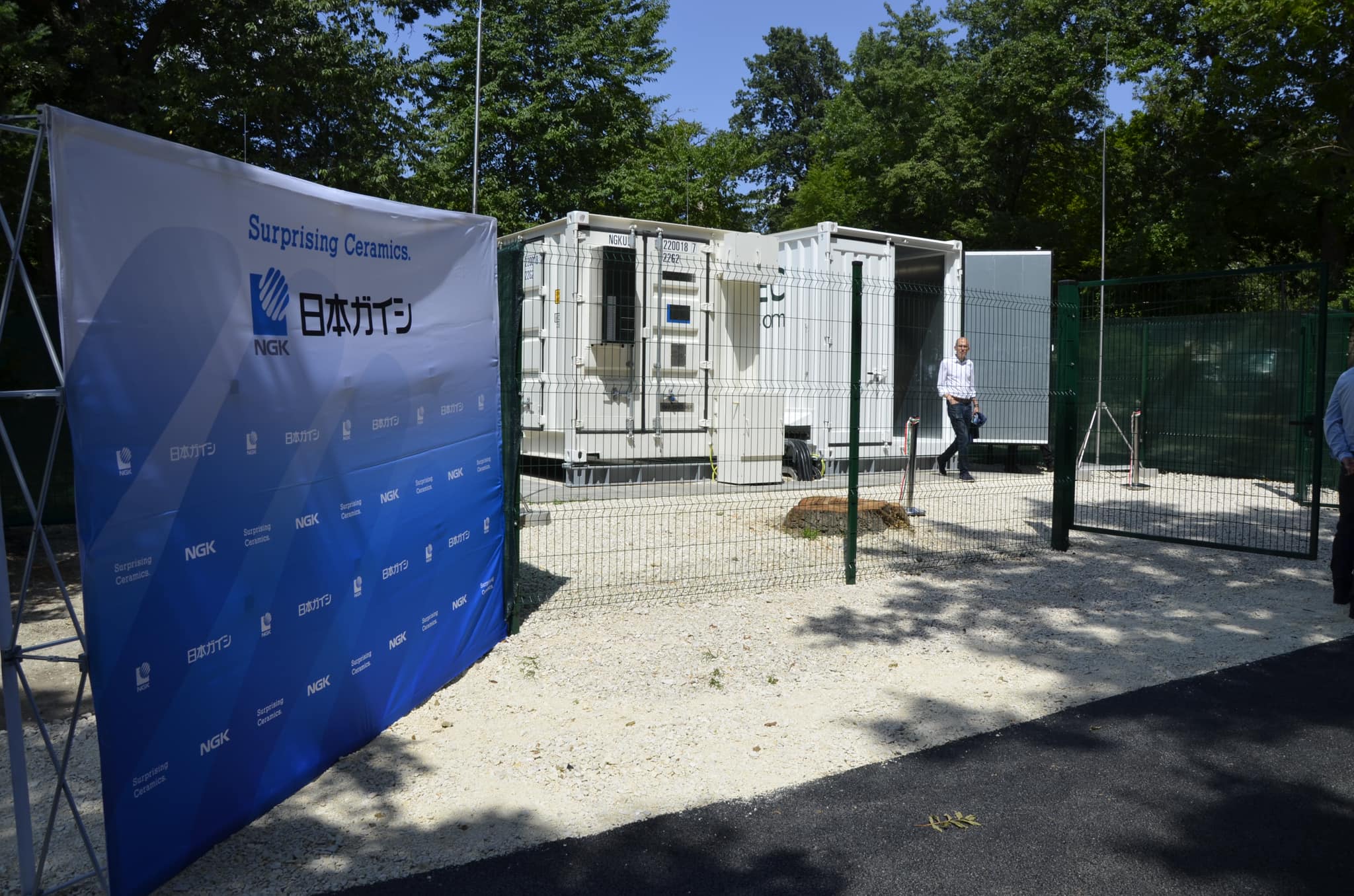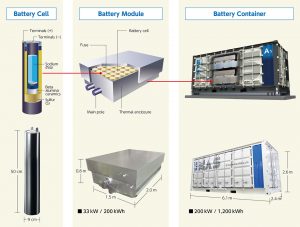
The goal is to be among the top 25 innovators in the world and among the top 10 innovators in Europe.Continue reading

The first sodium-sulfur (NaS) battery in Hungary can demonstrate the innovative storage of electricity, which was inaugurated at the HUN-REN Center for Energy Research (EK-CER) site in Csillebérc, Budapest. The experience gained from this project could help Hungary achieve carbon neutrality, writes the website of HUN-REN.
As stated at the handover ceremony, the project serves as a model for research sites in the research network looking for partners and interdisciplinary cooperation. “The Center for Energy Research is entering a new chapter in its activities, with the addition of a modern, carbon-free battery that can support further significant and timely research and strengthen our scientific and innovation capabilities in international competition,” said Roland Jakab, CEO of HUN-REN, at the handover ceremony of the special battery.
With experts from different disciplines (mathematicians, meteorologists, electrical engineers and even architects) working together on the development, the competition reflects the very approach that defines the mission of a renewed and strengthened HUN-REN as a whole: multi-disciplinarity, collaboration even between researchers from different disciplines, and the search for fruitful industrial links that are essential to the realization of such an innovation.
The NaS battery project is at the heart of HUN-REN’s modernization and serves as a model for the network’s research sites seeking partners and interdisciplinary collaborations,
writes the website of the Hungarian research network.

Illustration: ek.hun-ren.hu
Attila Steiner, State Secretary for Energy and Climate Policy at the Ministry of Energy, said at the event that cooperation in the field of energy is becoming increasingly important, as encouraged by the 2021 call for proposals that resulted in the first NaS battery in Hungary. Three years ago, the total installed solar capacity in Hungary was around 3,000 megawatts, and it was estimated at that time that it would reach 6,000 megawatts by 2030. However, the country has reached that this year, and by the beginning of the next decade the total annual capacity could be 12,000 megawatts. On some days, Hungary is even able to meet its electricity needs with solar and nuclear power, and sometimes even export it, the State Secretary stressed.
Ákos Horváth, Director General of the HUN-REN Center for Energy Research, said at the ceremony that new technologies are needed in the field of renewable energies, and cooperation between research institutes, universities and industrial partners is essential in researching these technologies.
The handover of the first NaS battery in Hungary was made possible by the cooperation between the MVM (Hungarian electricity works), the HUN-REN Hungarian Research Network and HUN-REN EK-CER, Budapest University of Technology and University of Pannonia, the Japanese manufacturing partner and Hungarian government support.
The battery, manufactured by NGK Insulators Ltd. of Japan, and the associated inverters, manufactured by Indrivetec AG of Switzerland, arrived at the KFKI Campus in February as part of the Tesseract Energy Storage project. Following the connection and installation of the battery and inverters to each other and to the on-site electrical and communication network, testing of the energy storage will start in July and will continue until the end of the year.
The demonstration energy storage system, capable of storing 1.45 MWh of electrical energy, will undergo testing through a range of market services such as frequency regulation and peak shaving. With the experience gained from this process, the research center will be able to provide technical support for further market projects, thus helping to achieve carbon neutrality in Hungary.
Via HUN-REN, Featured image: Facebook/Energiaügyi Minisztérium